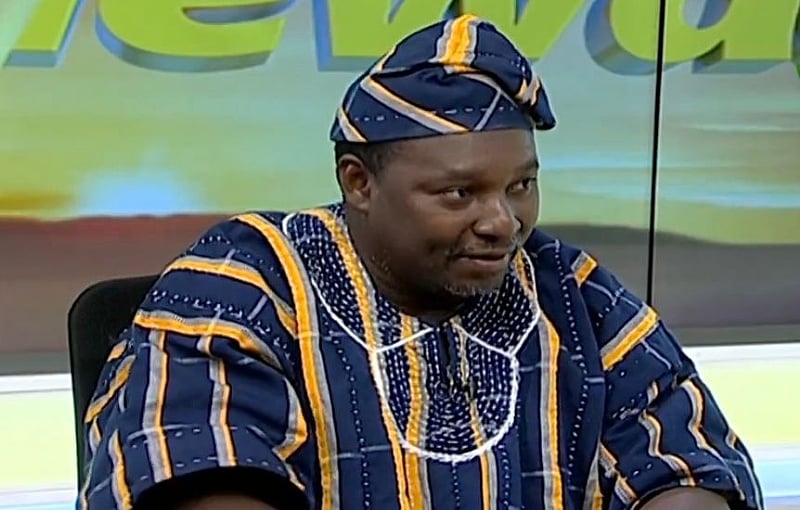Solomon Owusu, a prominent member of the Movement for Change, has drawn a stark comparison between President John Dramani Mahama’s recently secured $100 million agricultural investment deal and President Akufo-Addo’s expenditure of a similar sum on the currently stalled National Cathedral project. Owusu criticizes the Akufo-Addo administration for what he perceives as misplaced priorities, contrasting it with Mahama’s focus on attracting foreign direct investment to stimulate job creation and bolster the agricultural sector. He highlights Mahama’s proactive approach, traveling to Asia with the support of key cabinet members like former Vice President Mahamudu Bawumia, to secure the investment deal. Owusu questions how the current government can justify spending nearly $100 million on the National Cathedral excavation while neglecting crucial investments in sectors like agriculture.
Owusu’s central argument revolves around the contrasting approaches of the two leaders: Mahama’s outward-looking strategy focused on attracting foreign investment to address critical national needs versus Akufo-Addo’s inward-focused expenditure on a project perceived by some as less impactful on the overall economy and well-being of the citizenry. He emphasizes the tangible benefits of the Degas Limited agreement, a Japanese agribusiness firm poised to invest $100 million over four years, transforming Ghana into an AI-powered agricultural hub. This investment promises to enhance food security, strengthen agricultural value chains, and generate employment opportunities, particularly for the youth.
The $100 million agricultural investment, secured by former President Mahama, stands in stark contrast to the approximately $97 million spent on the National Cathedral project, a venture championed by the current Akufo-Addo administration. This disparity in spending priorities underscores Owusu’s critique of the government’s fiscal management. He questions the rationale behind allocating substantial funds to a project that has yet to yield tangible benefits for the population, while crucial sectors like agriculture remain underfunded. Owusu’s argument gains further traction by highlighting the potential of the agricultural investment to address pressing issues like food security and unemployment, further underscoring the perceived missed opportunity represented by the National Cathedral expenditure.
Owusu’s comments underscore a broader debate about development priorities and the allocation of scarce resources. He implicitly questions the efficacy of investing in symbolic projects like the National Cathedral while pressing economic challenges remain unaddressed. The agricultural investment, in contrast, is presented as a pragmatic approach to tackling issues crucial to the nation’s well-being. By focusing on job creation, food security, and technological advancement within the agricultural sector, the investment aligns with the immediate needs of the population, making it, in Owusu’s view, a more prudent use of public funds.
The symbolism of Mahama’s 22-hour journey to Asia to secure the investment is also emphasized by Owusu. This act is portrayed as a testament to his commitment to the nation’s development, contrasting sharply with the perceived inaction of the current administration. The arduous journey underscores the lengths to which Mahama was willing to go to attract foreign investment and secure a deal with significant potential benefits for the country. This proactive approach is juxtaposed with the perceived complacency of the Akufo-Addo administration, which, according to Owusu, had the resources to invest in agriculture but chose a different path.
The debate sparked by Owusu’s comments highlights the ongoing tension between competing visions for Ghana’s development. The agricultural investment represents a focus on practical solutions to immediate economic challenges, while the National Cathedral project embodies a different set of priorities, focusing on cultural and religious expression. This clash of visions underscores the complex decisions facing governments in balancing competing demands and allocating resources effectively. Owusu’s critique serves as a reminder of the importance of scrutinizing government spending and ensuring that public funds are utilized in a manner that best serves the interests of the citizenry.














